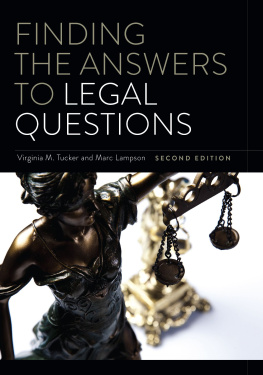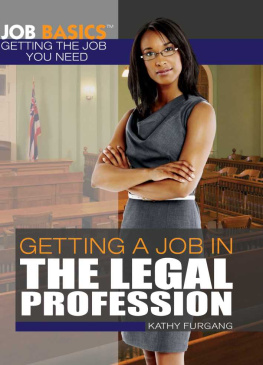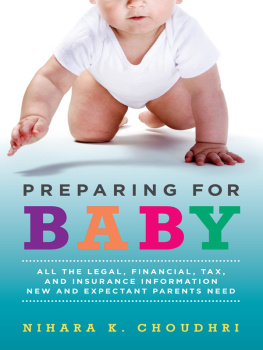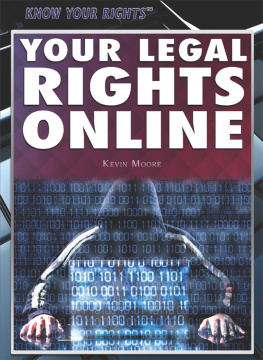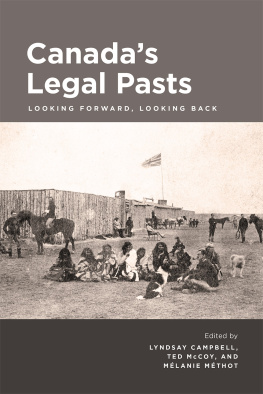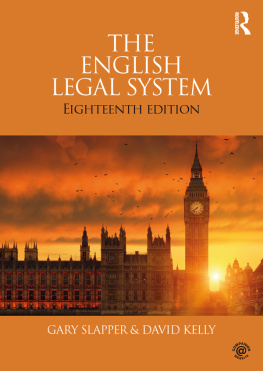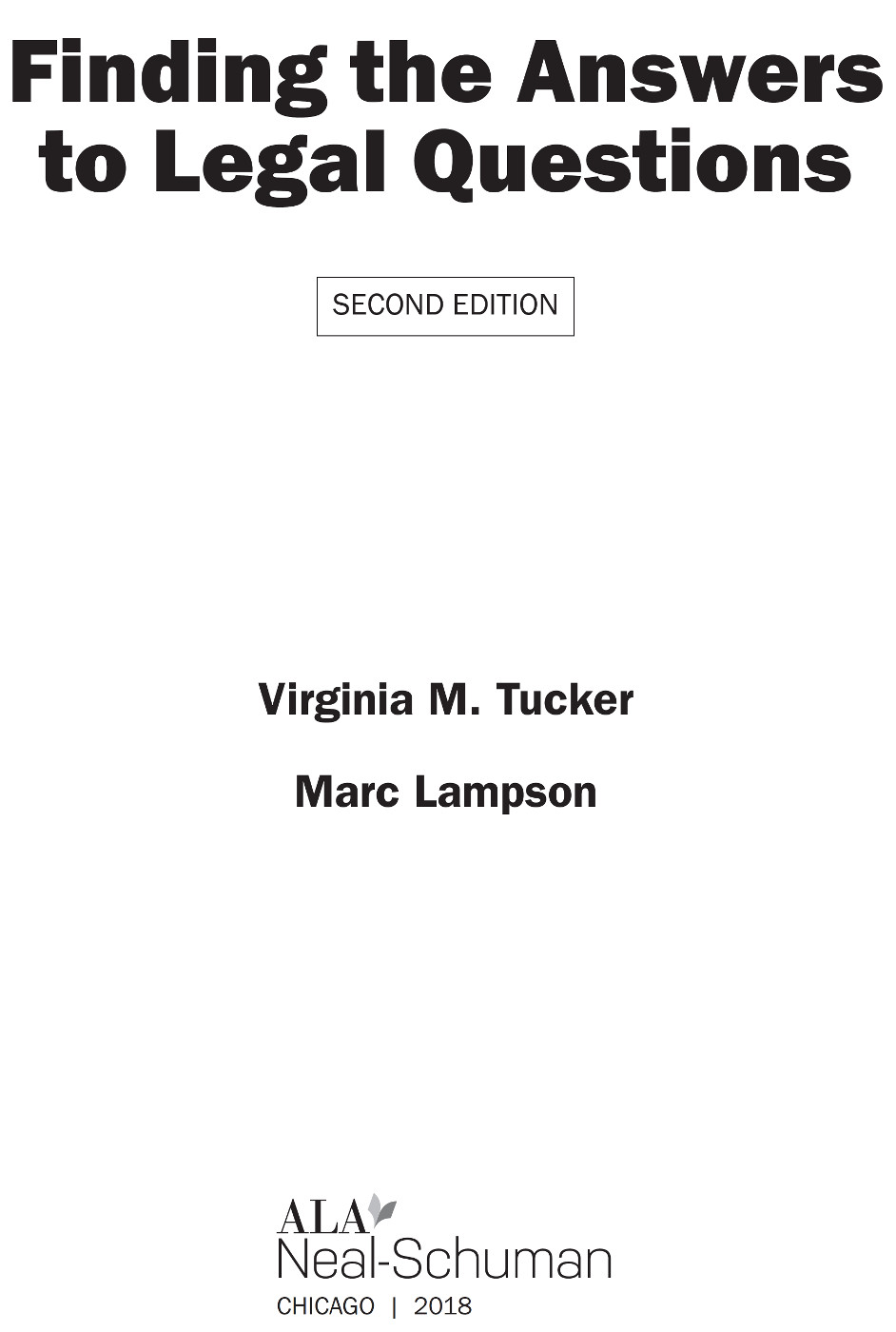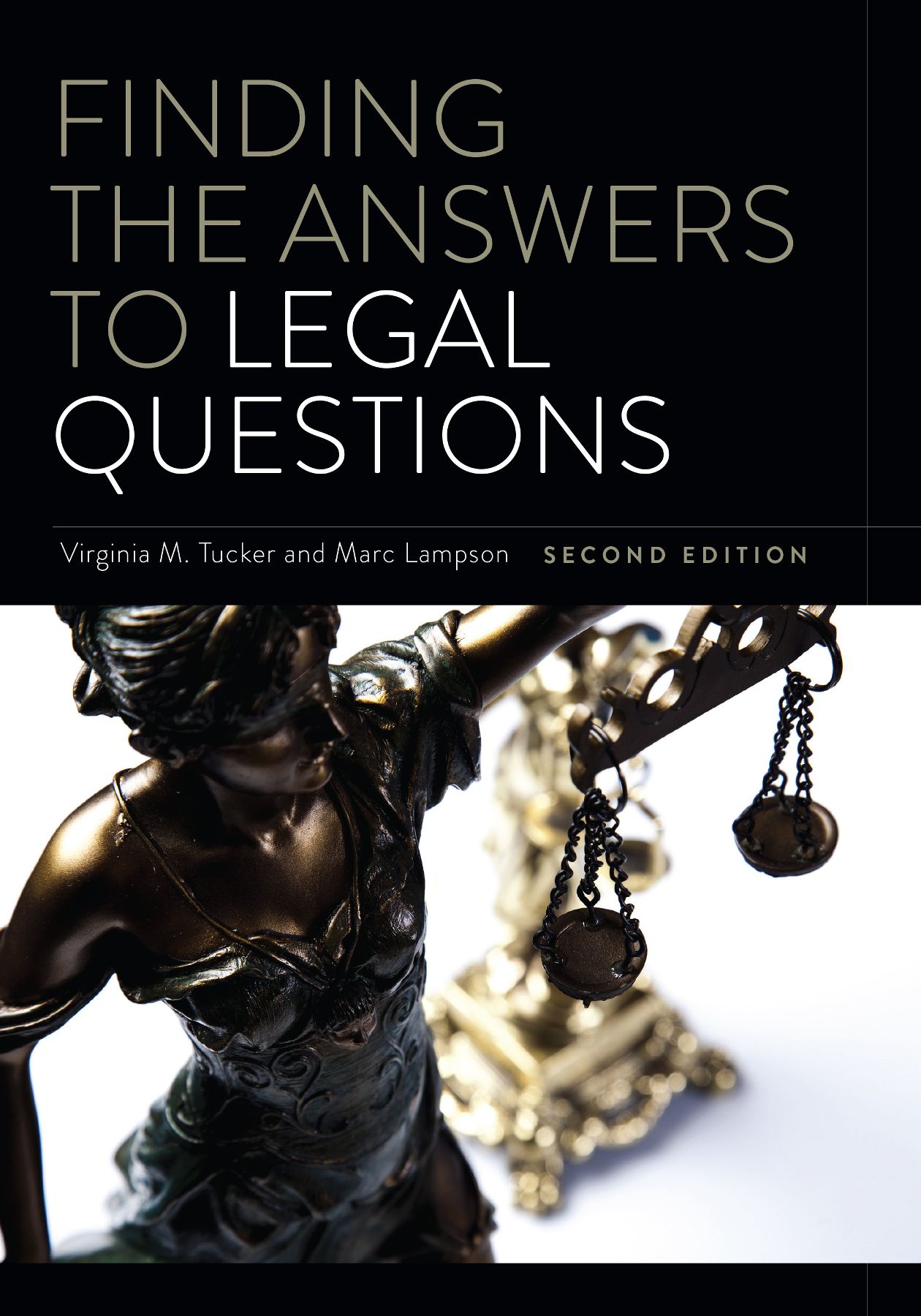
ALA Neal-Schuman purchases fund advocacy, awareness, and accreditation programs for library professionals worldwide.
This publication is designed to provide accurate and authoritative information in regard to the subject matter covered. It is sold with the understanding that the publisher is not engaged in rendering legal, accounting, or other professional service. If legal advice or other expert assistance is required, the services of a competent professional person should be sought.
From a Declaration of Principles adopted jointly by a Committee of the American Bar Association and a Committee of Publishers
2018 by the American Library Association
Extensive effort has gone into ensuring the reliability of the information in this book; however, the publisher makes no warranty, express or implied, with respect to the material contained herein.
ISBNs
978-0-8389-1569-1 (paper)
978-0-8389-1703-9 (PDF)
978-0-8389-1702-2 (ePub)
978-0-8389-1704-6 (Kindle)
Library of Congress Cataloging-in-Publication Data
Names: Tucker, Virginia, 1953- author. | Lampson, Marc, author.
Title: Finding the answers to legal questions / Virginia Tucker, Marc Lampson.
Description: Second edition. | Chicago : ALA Neal-Schuman, an imprint of the American Library Association, 2018. | Includes bibliographical references and index.
Identifiers: LCCN 2017056093| ISBN 9780838915691 (print : alk. paper) | ISBN 9780838917022 (ePub) | ISBN 9780838917039 (PDF) | ISBN 9780838917046 (Kindle)
Subjects: LCSH: Legal researchUnited States. | LawUnited StatesPopular works.
Classification: LCC KF240.T83 2018 | DDC 340.072/073dc23 LC record available at https://lccn.loc.gov/2017056093
To the memory of my sisters, Kathy and Barbara. You encouraged my curiosity and helped me learn the power of good questions.
V.M.T.
I dedicate this second edition to my wife, Julie Nelson.
M.L.
CONTENTS
FOUNDATION
Legal Information Overview
PREPARATION
Understanding Legal Information Needs
INFORMATION
Specific Legal Questions
COLLECTION
Building a Basic Collection or Website
 Go to www.GetLaw.net for Appendix C, State Law Resources.
Go to www.GetLaw.net for Appendix C, State Law Resources.
T his bookFinding the Answers to Legal Questions, Second Edition, by Tucker and Lampsontakes on a new sense of urgency and importance right now as I write this foreword in 2017. Starting last year and continuing (if not accelerating) in 2017, we see serious and widespread attempts by those in power (and those who seek to gain or wield power) to undermine what we know to be highly accurate, reliable, and authoritative sources of information. We see deliberate attempts to blur the lines between previously widely accepted and validated sources and those from the fringe. We see efforts to legitimize what serious information professionals know to be radical and biased sources and to undercut those that have earned long-standing reputations for trustworthiness. Its not an exaggeration to say that the very nature of credibility of information and the public trust are threatened.
Adding to this threat are the deliberate actions at the federal level to make less accessible or even remove valued and useful information sources from government websites aimed at the general public. The pervading goal and directive has shiftedfrom openness and ease of access to limited or no access.
In my foreword to the previous edition of this book, I focused on the concept of information is power, and the importance of being able to find and use high-quality, reliable, in-depth information. I wrote that this was... particularly salient in the legal domain. Today, the most common, first-choice information-seeking strategies are to Google and to consult Wikipedia. While these tools may be sufficient for general topics such as identifying people, places, things (including products and vendors), they frequently lack the credibility and depth necessary for resolving legal or government-related problems or questions. I went on to point out how difficult it is for most of us, including librarians and other information professionals, to navigate through the various legal information systems and services. This is as true today as then; however, we now have the added burdens of countering attempts to discredit sources as well as to restrict access.
As citizens, we should not allow this to happen. And, as librarians and information professionals, we have a special responsibility to actto serve, provide, and facilitate accessand to resist every effort to limit the publics right to information. Im pretty sure that Tucker and Lampson had no idea about what was to come when they began to update and revise this book. But, I am certainly glad that they have updated the materialensuring that it is current, relevant, and credible. Previously, I referred to this book as highly useful and practical. Now, I add to thatessential!
This book is essential for every public library and community information outlet in the United States. And, in a time when powerful forces seek to undermine the legitimacy and credibility of established information sources and when our own government tries to narrow access and provide less, it may not be an exaggeration to say that it is essential to every American household that values law, fairness, and freedom. Read, use, and even buy this book! I plan to.
MIKE EISENBERG
Dean Emeritus and Professor Emeritus
Information School, University of Washington
W e wrote Finding the Answers to Legal Questions, Second Edition, for all the librarians, paralegals, and law students who are at the frontlines, assisting people with questions about the legal system and about their specific legal information needs. We know from several decades of combined experienced the challenges faced by laypersons in learning how to formulate questions that involve the legal system, and then in finding and using the resources needed to answer those questions.
Where do people go to get answers to their legal information questions? If they dont have an attorney, how do they learn to navigate the court system or prepare pleadings to file with a court? Where do they turn when they need to translate legalese into language they can understand? People find sample forms in stationery stores, do-it-yourself booklets, software packages, and innumerable websites of varying value and relevance, but how does a person know where to start? How does the average person become familiar with the workings of the local court and its rules and processes? Some communities offer free legal clinics staffed by lawyers and law school students volunteering their time, others provide legal services based on income level, and still others have court-provided facilitators (paralegals) to assist with paperwork. And, all across the country, people call on their public libraries with questions involving legal information. Small to medium-sized public libraries are unlikely to have staff with legal experience or much in the way of reference materials to assist these patrons.
AUDIENCE AND PURPOSE
Finding the Answers to Legal Questions, Second Edition, is intended for librarians, beginning law students, and paralegals who need an understanding of legal information, its structure, and how to find answers. The book is particularly recommended for public library staff faced with reference questions involving legal information and dealing with challenges of providing a basic legal reference collection. The focus here is on public libraries that are of small to medium size; large public libraries may have legal reference staff or even their own law libraries within an extended library system. The book is not aimed at law library staff who are familiar with legal research and the legal system and who often have legal experience or education.
Next page
